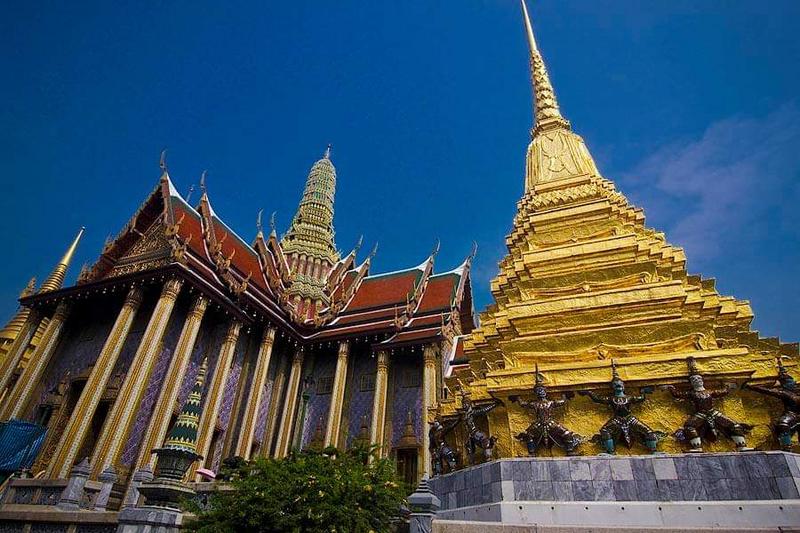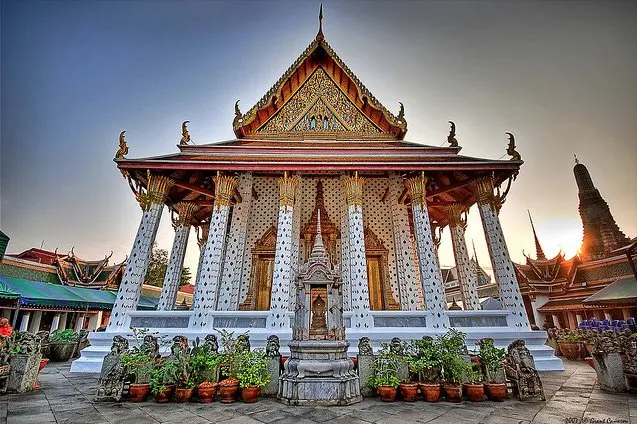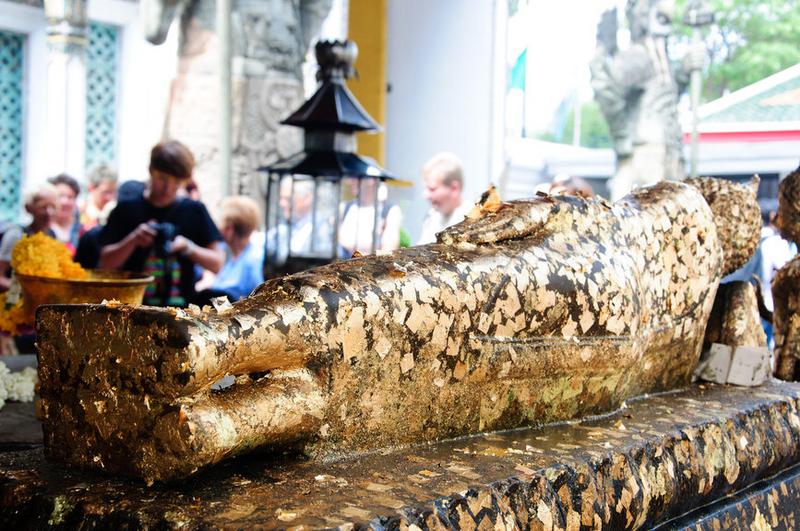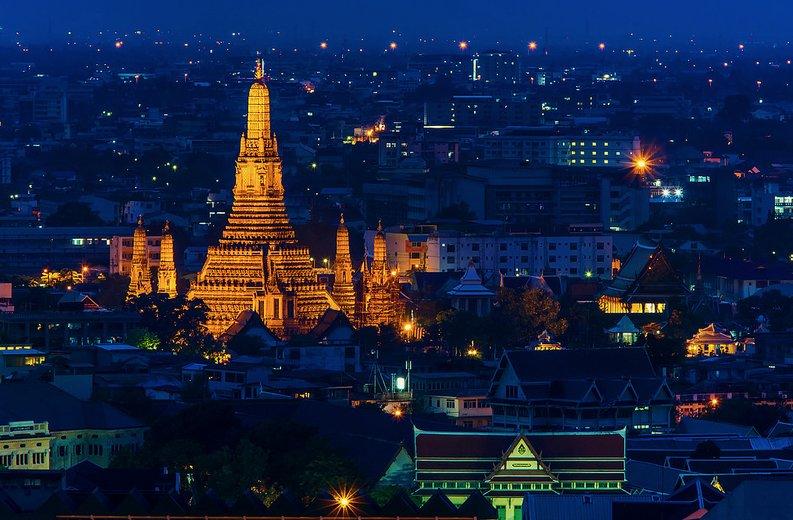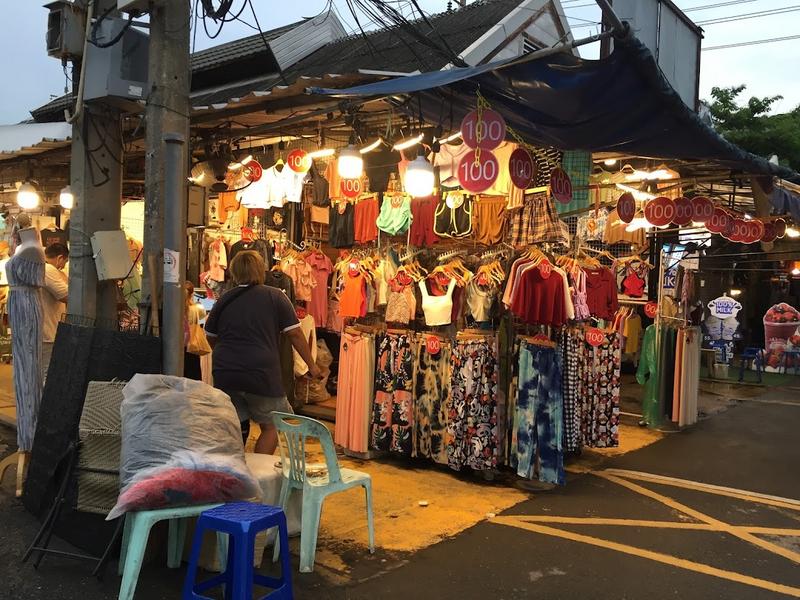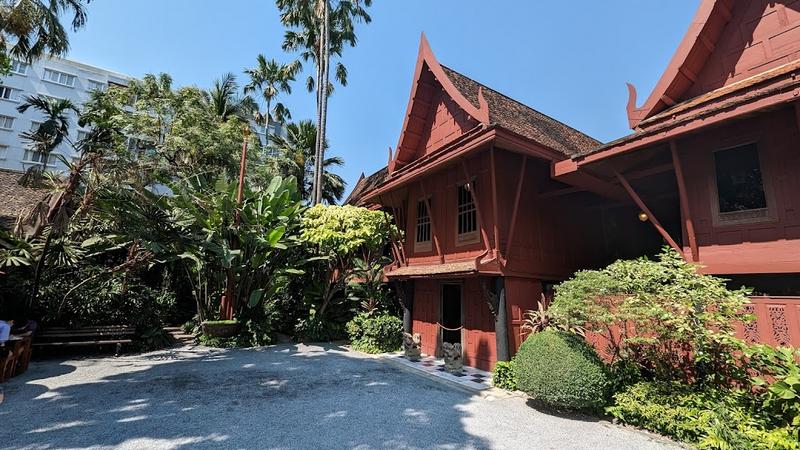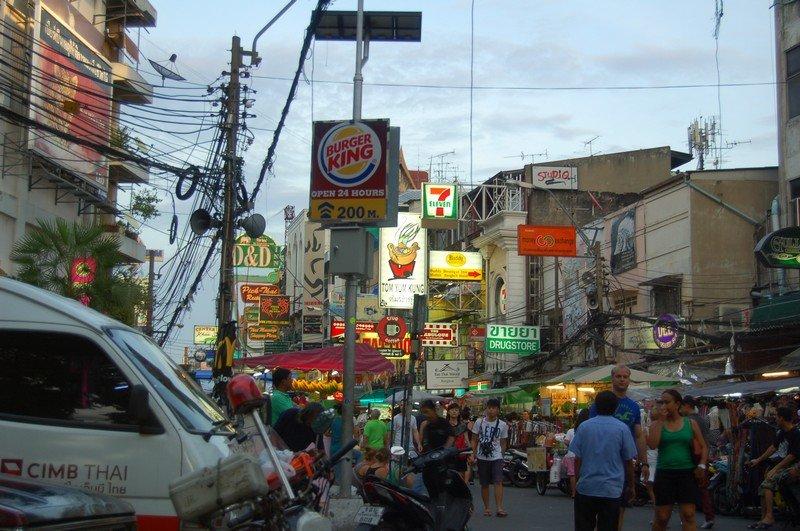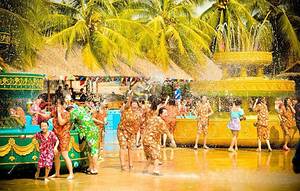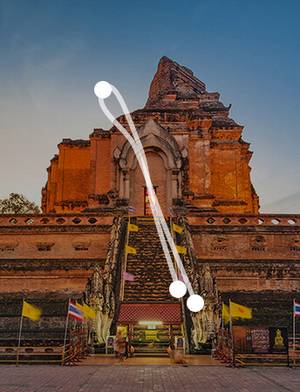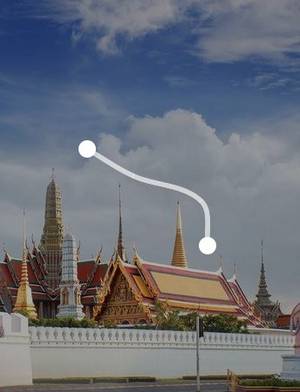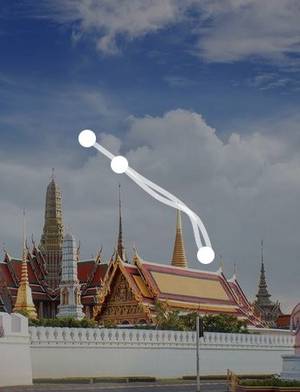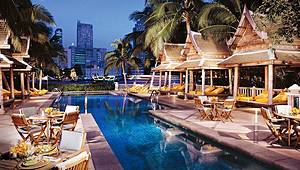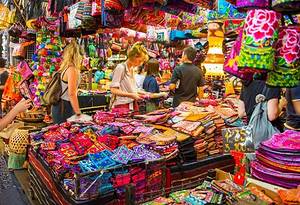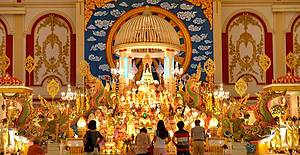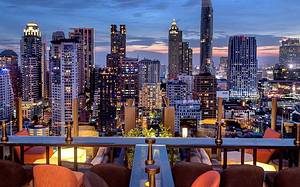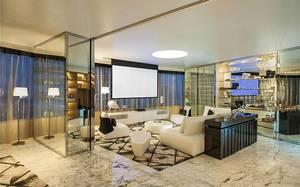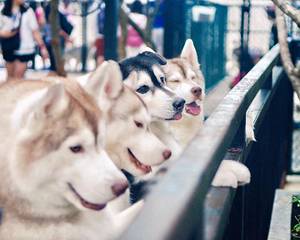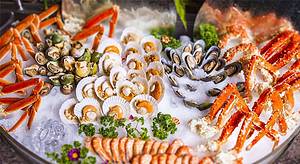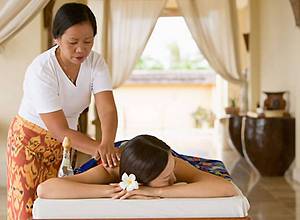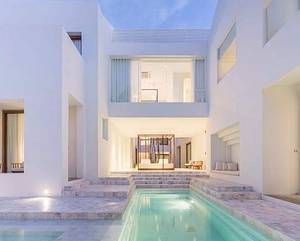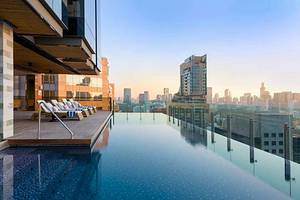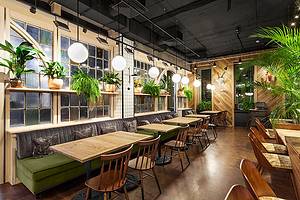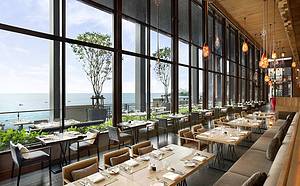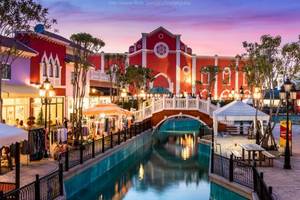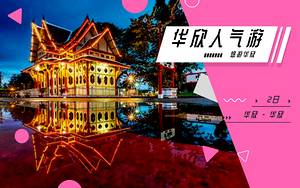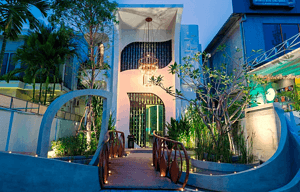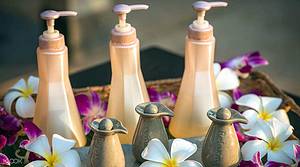Bangkok in Two Days: Explore Culture & Nightlife
1 cities |
7 attraction(s) |
total distance 21
km
 TIPS
TIPS
Day1
Day2
Day1: Bangkok
4 attraction(s) ·
2 km
1
Built in 1782, this ornate royal palace complex now houses a museum & is open to visitors.
1
km
2
The Emerald Buddha Temple, built in 1782 during the establishment of the Bangkok Dynasty in Thailand, is a historical site. King Rama I considered it a sacred religious site and held important ceremonies for the royal family, but there are no monks residing in the temple. It currently occupies a quarter of the Grand Palace's area, located in the northeast direction within the palace. The Emerald Buddha enshrined in the temple is carved from a whole piece of jade (emerald) and is approximately 66 cm tall and 48 cm wide. It is protected by glass and adorned with multiple layers of umbrella-like covers, with a high pedestal. The royal family personally changes the Buddha's attire three times a year as a sign of respect. In addition, there are four gold Buddha statues surrounding the Emerald Buddha, and the murals in the main hall depict the story of Buddha from birth to nirvana. The main hall has 40 square-shaped columns and 112 golden statues of birds with human bodies embedded in the cloister. The Emerald Buddha Temple features three main characteristics: pointed roof decorations, architectural embellishments, and mural paintings in the cloister. There are a total of 22 temples of various sizes, including the Emerald Buddha Hall, the New Heavenly Pavilion, the Bell Tower, the Scripture Hall, the Hall of Former Kings, the Relic Hall, the Le'Da'Na Great Stupa, the Scripture Library, the Pointed Roof Buddha Hall, and the Ashes Hall. The temple complex also boasts numerous towering pagodas, each with its own unique design and vibrant colors, creating a magnificent sight. In the surrounding area, almost all ATMs accept UnionPay cards for Thai Baht withdrawals. It is recommended that travelers use debit cards at ATMs to reduce transaction fees.
1
km
3
Wat Pho, also known as the Temple of the Reclining Buddha, is located near the Grand Palace in Bangkok. Built in 1788, it is one of the oldest and largest temples in Thailand. The temple is divided into the main temple area and the monastery area, and visitors can explore the main temple area. This area is further divided into the main hall area and the stupa courtyard area, with one of the highlights being the giant reclining Buddha statue inside the main hall. The statue is 46 meters long and 15 meters high, making it one of the iconic landmarks of Wat Pho and a popular spot for photography. The statue is adorned with exquisite mother-of-pearl inlays and 108 auspicious symbols, as well as beautiful murals and gold leaf designs on the windows. Along the corridor, there is also a row of 108 monk bowls where visitors can make offerings with coins and make wishes. Wat Pho is also the earliest university in Thailand, with a heritage in medicine and traditional Thai massage. It has undergone two reconstructions and has a long history. Thai culture has been influenced by China, so one can see the presence of Chinese elements in the architecture and sculptures of the temple. Even after the reconstruction, Wat Pho continues to attract many visitors from around the world.
1
km
4
Wat Arun or the Temple of Dawn is a Buddhist temple located on the west bank of the Chao Phraya River in Bangkok, the capital of Thailand. It was completed in 1809 and underwent renovations in 1847. With its towering main spire reaching 82 meters in height, Wat Arun is known as the "Eiffel Tower of Thailand" and is the largest Mahayana-style pagoda in the country. The temple complex also includes two smaller temples, one of which houses various Buddha statues. Wat Arun is a significant cultural landmark and one of the most visited temples in Bangkok.
Day2: Bangkok
3 attraction(s) ·
10 km
1
Massive market with over 15,000 stalls offering an eclectic variety of goods, from antiques to pets.
7
km
2
Thai-style teak house by American entrepreneur Jim Thompson with an art collection & guided tours.
4
km
3
Khao San Road has always been a favorite place for backpackers. It is close to many tourist attractions, such as the Grand Palace, National Museum, and Art Galleries. There are numerous bars and unique shops where you can experience the local culture and buy souvenirs. Additionally, the famous Lumphini Night Market, Wholesale Souvenir Market, and open-air Beer Gardens are also located near Khao San Road. The annual Songkran Festival, known as the Water Festival, takes place here and is an important cultural event in Thailand. For budget travelers, almost all ATMs near Khao San Road accept UnionPay cards, and the withdrawal fees for debit cards are relatively low.
